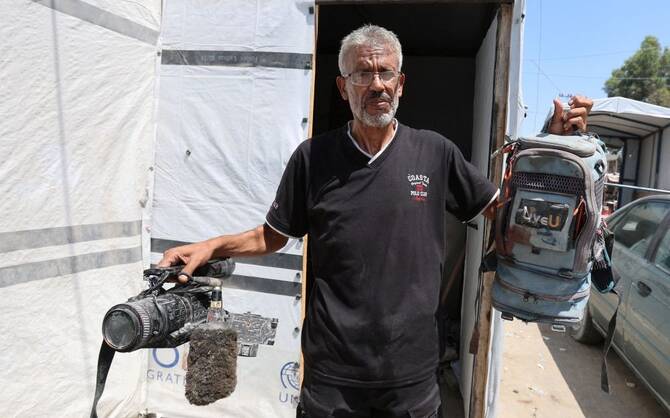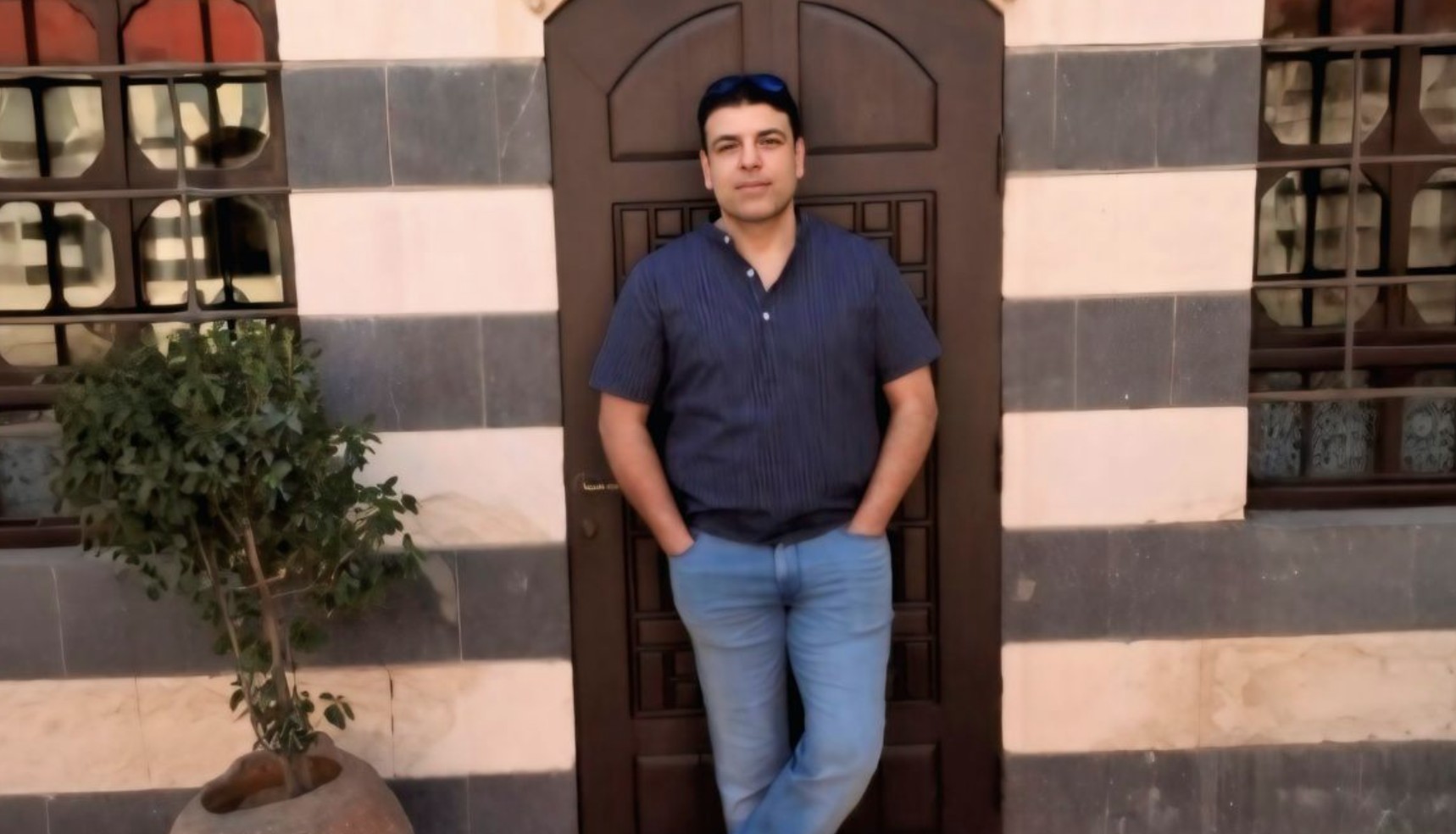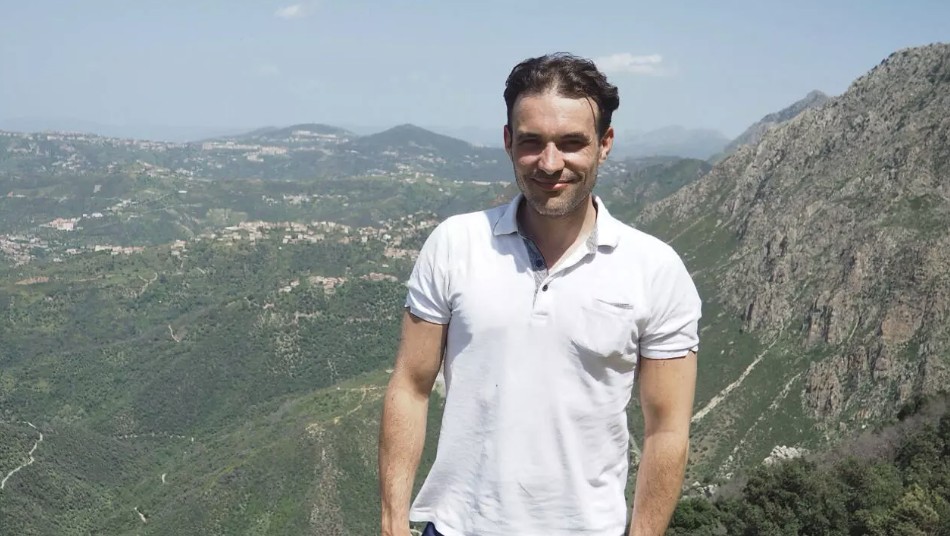
55 Palestinian Journalists Detained by Israeli Forces
August 29, 2025
CPJ Demands Independent Probe into the Killing of Five Journalists in Gaza Hospital Strike
August 29, 2025August 29, 2025 – Saudi Arabia –
Saudi Arabia is intensifying its efforts to cultivate a new generation of environmental journalists as part of its broader push to achieve the sustainability objectives outlined in Vision 2030. The initiative is led by the National Center for Environmental Compliance (NCEC), which has emphasized the urgent need for skilled reporters who can interpret complex ecological issues, raise awareness, and connect public opinion with policymaking processes.
According to Saad Al-Matrafi, NCEC’s executive director of media and communication, environmental journalists must go beyond standard news reporting. He explained that they should actively engage in educational campaigns, contribute to awareness initiatives, and help shape public understanding of environmental priorities. This approach positions journalism as not only a means of recording events but also a strategic tool for advancing sustainable development.
The push for eco-journalism comes amid growing international recognition of the field’s importance. UNESCO defines environmental journalism as essential for communicating scientific knowledge and policy debates in ways accessible to the public. However, UNESCO’s 2024 report revealed alarming risks: over 70 percent of environmental journalists worldwide have faced attacks, harassment, or intimidation in the past 15 years. Saudi authorities say this reality underscores the need for stronger protections and professional training for reporters working on environmental issues.
Saudi Arabia’s program aims to close a gap in the national media landscape, where political, business, and sports coverage often dominate, while environmental reporting remains scarce. By institutionalizing training and encouraging more young journalists to specialize in environmental topics, the Kingdom hopes to empower professionals who can spotlight climate change, pollution, biodiversity, and conservation challenges that affect daily life.
The NCEC stresses that eco-journalists will play a critical role in achieving Vision 2030’s environmental pillars, which include improving the quality of life, safeguarding natural resources, and promoting ecological balance. Through storytelling that resonates with communities, these journalists are expected to foster civic engagement, influence behavioral change, and support the government’s policy agenda.
Ultimately, Saudi Arabia’s drive to nurture eco-journalism highlights the recognition that solving environmental challenges requires informed public participation. By investing in this field, the Kingdom is signaling its belief that credible, science-based reporting is central to building a sustainable future.
Reference –




